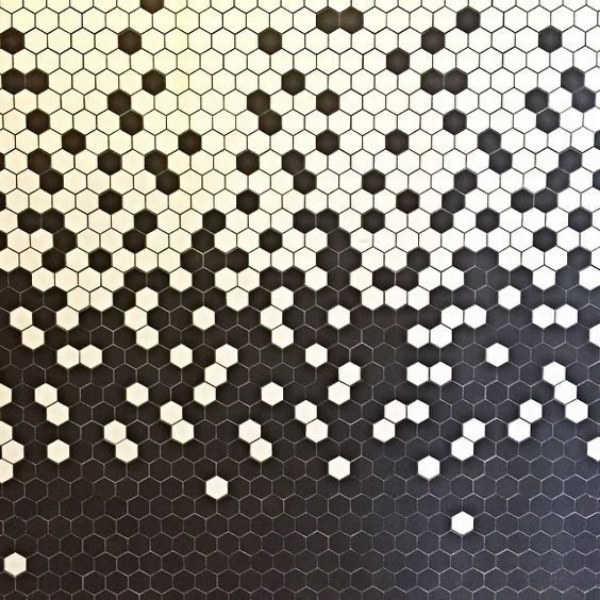



LCP












Mahler measure for quivers
String theory
Mahler measure for a quiver symphony
In string theory, three complex structures, one from dessins d’enfants in number theory, another from QFT and the third from algebraic geometry, describe the torus of a brane tiling. For brane tilings described by reflexive polygons, lattice polygons with a single interior point, we show these three different structures are actually different limits of the Mahler measure, an indicator of a polynomial’s complexity.